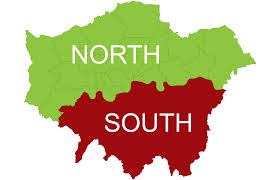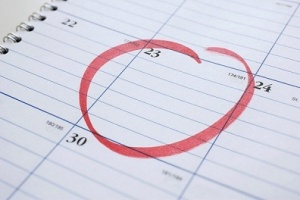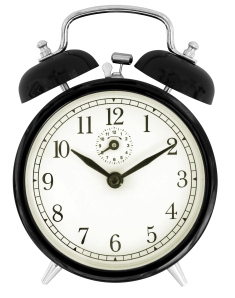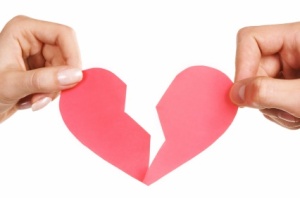 Today is London Marathon day. The sun is shining, the sky is almost indecently blue and somewhere several miles from where I currently sit thousands of sweaty people are running around the city centre dressed, if not just as themselves, as characters of varying degrees of comedic worth.
Today is London Marathon day. The sun is shining, the sky is almost indecently blue and somewhere several miles from where I currently sit thousands of sweaty people are running around the city centre dressed, if not just as themselves, as characters of varying degrees of comedic worth.
As I’ve remarked upon on this blog before, annual events inevitably cause me at least a few wistful moments of wondering what I was doing at the same time last year. This time around, due in part to the recent decision of a close friend to embark on a house hunt in my local area, it led me to think more about geographical location than any mildly pointless philosophical navel gazing on the subject of my personal development. Namely, the fact that this time last year I was a determined North Londoner, living on a terraced street in something of a no-man’s land between the industrial looking Archway tower and the gorgeous, journalist ridden cafes and restaurants of Crouch End, whereas nowadays, I live a hop skip and a jump from Brixton, in between it and the leafy residential streets of West Norwood, on what I am reliably informed is a rather fashionable street in Tulse Hill.
The fact that the semi-detached red brick houses and flats give way to a sort of millionaire’s row just slightly further up the hill would appear to support this hypothesis. What is interesting, is that this time a year ago, the last time the marathon runners were smugly checking the stopwatches surgically attached to their wrist, chattering about personal bests and throwing questionable looking ‘sports’ drinks down their throats – not to do their achievements a disservice, but it is ultimately rather a meaningless endeavour, surely? – I would never in a thousand million years have even considered living ‘Saarf of the river’. Now, conversely, I wouldn’t dream of going back North.
As an unrepentant Northerner with a borderline die-hard refusal to ever adopt the long ‘A’, the national North South divide has always been all too familiar to me. I’ve rolled my eyes at comedians’ perpetual use of their favourite coal mining accent to portray somebody not as intelligent as themselves, scoffed at perceived differences in weather ‘down South’ (differences I now admit to be more than a little bit true) and defended Northern identity and culture – with a glass of wine thrusting about dangerously in one hand – like the best of them. When I moved to London almost three years ago, however, I was wholly unprepared for the brand new North versus South rival which would engulf me here. North Londoners, as a rule, are perceived as hard-working, semi-wealthy sophisticates, with access to a coffee shop on each corner, and an antique shop on every street. South Londoners, with the notable exception of those residing in the sprawling palaces of Clapham, are usually labelled as poorer, impossible to visit and reliant entirely on buses, and as living in grisly tower blocks without a Starbucks in sight. Horror of horrors.
In reality, so far I’ve found living in the South of the capital entirely preferable to the North. In a total reversal of the national spread of wealth and culture, The North is established, historically wealthy, and positively brimming with poetry nights, small local theatres and acoustic performances. The South, on the other hand, feels on the up – developing and exciting. Brixton, incredibly, has only had a tube station since the 1970s, and Tooting has only acquired a Starbucks in the last couple of years. Yet, somehow, I’ve found that there’s so much more to do down here.
There’s an excellent independent café at the end of the road, another one just further up the hill, local restaurants serving food from as many countries as I could ever hope to shake a stick at, three independent bakeries, a fishmongers, a monthly Vintage and farmer’s market, and a ten minute walk to a fabulous park complete with two cafes, a gym, a walled garden and a Lido. Aside from more Tube stations, although at the last count my nearest over-ground station was a mere three minute walk away, what exactly is it I’m supposed to be missing out on down here? Admittedly it could be argued that I’m fortunate enough to live in rather a nice area, but it isn’t too long ago that it was seen as, ‘a bit rough’. But things change. Look at Peckham.
With capitals of culture being declared all over cities in the land of ‘not London’, with more Arts funding supposedly heading that way, and with even a large portion of the BBC now based in a Manchester suburb, and whilst the South of the country’s capital continues to flourish, leafy and quiet in some places, and vibrant and colourful in others, into a viable, accessible place to live, perhaps it is not just London-centric politicians whose opinions need a bit of an over-hall in the compass point department.







